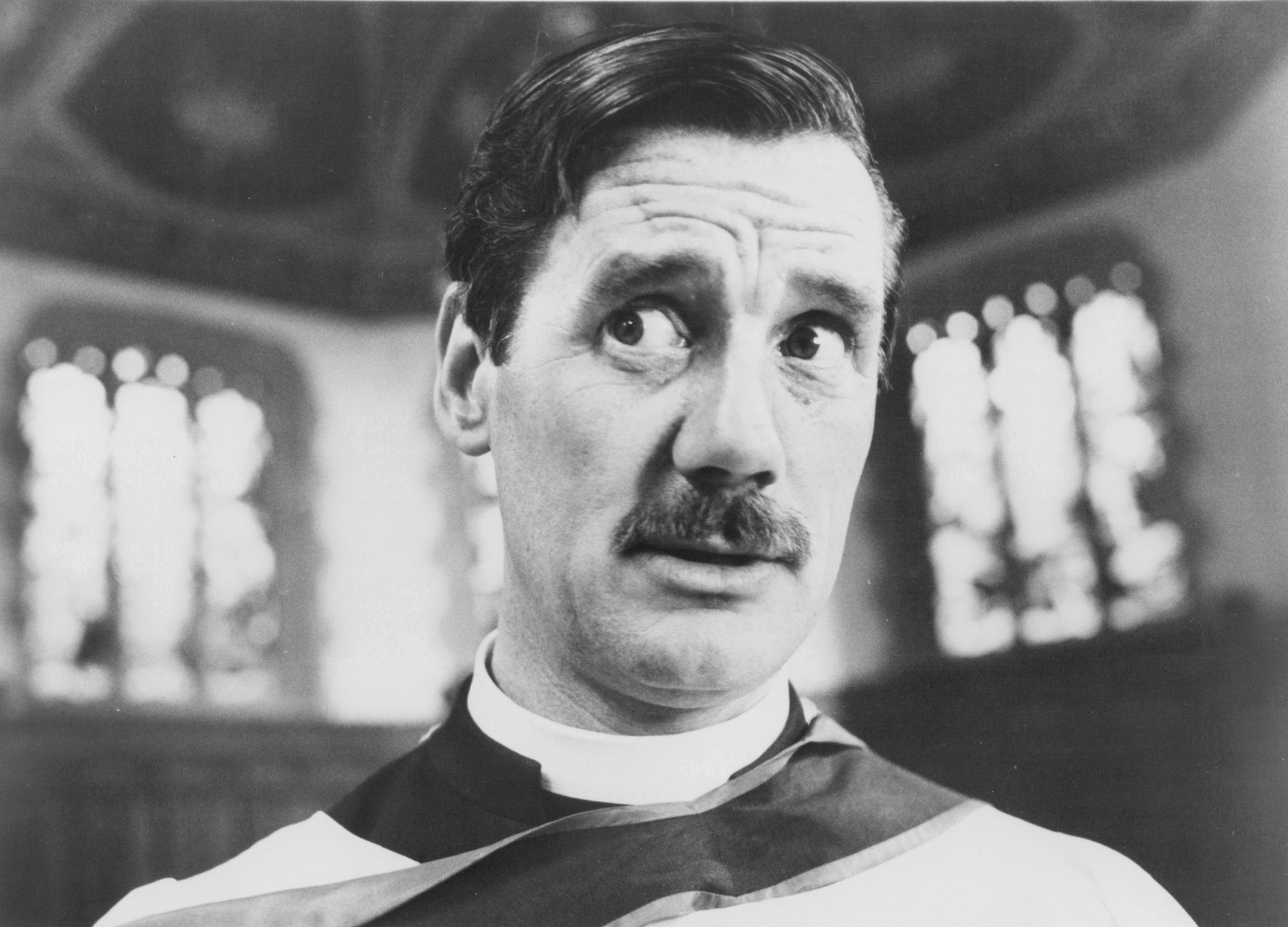The Remarkable Life of Michael Palin

Introduction
Michael Palin, an esteemed British comedian, actor, writer, and television presenter, has ventured through a multifaceted career that has left an indelible mark on both comedy and travel genres. As a member of the legendary comedy group Monty Python, he became a household name, renowned not only for his humorous sketches but also for his captivating travel documentaries that continue to inspire wanderlust in audiences worldwide.
Early Life and Career
Born on May 5, 1943, in Sheffield, England, Palin’s early enthusiasm for performance thrived at Oxford University, where he met fellow Python member Terry Jones. The duo collaborated on various projects, setting the stage for Palin’s entry into television. The Monty Python’s Flying Circus, which aired from 1969 to 1974, showcased Palin’s talent with unforgettable characters and outrageous sketches, cementing his place in British comedy history.
Transition to Travel Documentaries
Following the disbandment of Monty Python, Michael Palin transitioned into travel documentaries, a move that highlighted his curiosity and adventurous spirit. His first series, “Around the World in 80 Days” (1989), earned critical acclaim and showcased his ability to connect with cultures and communities across the globe. Subsequent series, including “Pole to Pole” and “Michael Palin: Himalaya,” further established him as a prominent figure in travel television, with viewers appreciating his engaging presentation and authentic interactions.
Achievements and Recognition
Throughout his diverse career, Michael Palin has received numerous accolades, including BAFTA Awards and the British Academy Television Award for Best Entertainment Performance. His contribution to the arts has been recognized with a knighthood in 2019, underscoring his impact not only in comedy but also in promoting cultural understanding through his travels.
Influence and Legacy
Palin’s ability to blend humour with genuine curiosity has influenced a generation of travel presenters and comedians. His documentaries encourage viewers to embrace the unknown and appreciate the world’s diversity. By focusing on the human experience in various cultures, he has furthered the discourse around travel, making it accessible and relatable.
Conclusion
As Michael Palin continues to explore new avenues in storytelling and entertainment, his legacy remains vibrant. His work reminds us of the power of comedy and travel in bridging gaps between cultures. For readers inspired by Palin’s journey, the prospect of adventures awaits, whether in far-off lands or through the pages of his books and documentaries. The enduring relevance of his work demonstrates that curiosity and humour are timeless tools for understanding the world around us.
